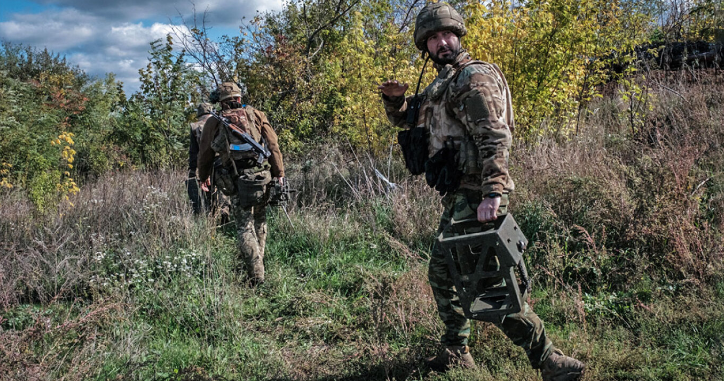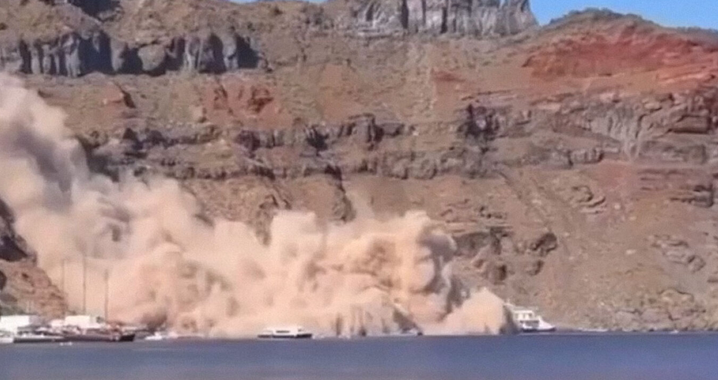The world’s largest satellite ground station, on the Svalbard archipelago off Norway, is used by Western space agencies to gather vital signals from polar-orbiting satellites. This January, one of two fibre-optic cables on the Arctic seabed connecting Svalbard to the mainland was severed. Norway was forced to rely on a back-up link.
In April 2021, another cable – one used by a Norwegian research laboratory to monitor activity on the Arctic seafloor – was ripped away.
“This could have happened by accident,” Norway’s defence chief Eirik Kristoffersen told Reuters in response to the ruptures, which received little media coverage outside Norway. “But the Russians are capable of cutting cables.”
He was speaking generally and did not offer any evidence to suggest deliberate damage, but months later, in September, saboteurs caused major leaks to suddenly erupt in gas pipelines from Russia to Europe on the floor of the Baltic Sea. Russia’s defence ministry did not respond to a request for comment.
As Russia’s invasion of Ukraine ends a post-Cold War era of low tension and cooperation, such events highlight how hard it is for states to monitor their own waters – particularly in the Arctic, an ocean one and a half times the size of the United States, where satellites are crucial to allow real-time detection and monitoring of activity.
Read more: Reuters




































